Reviewed by: Y. Garcia
Looking at the tech landscape right now, one thing pops: Apple has been playing catch-up in the AI race while competitors like Google and OpenAI sprint ahead. Pressure does funny things. It forces creativity, and that tension can open doors that benefit everyone.
Apple's AI assistant has stumbled in recent years, and users have felt it. A new development could finally flip the script. Recent reports suggest the Cupertino company is moving past its go-it-alone approach with a partnership that might deliver the smarter Siri people have been waiting for.
The latest buzz centers on Apple's potential collaboration with Google to power enhanced Siri capabilities. Apple is in the final stages of negotiations with Google to utilize a specialized large language model for a Siri overhaul, according to reports from 9to5Mac.
This massive 1.2 trillion parameter model would significantly outperform Apple's current in-house capabilities, as noted by MacRumors. The setup would let Apple keep its strict privacy standards while tapping Google's advanced AI tech, according to the same 9to5Mac report.
Why this Google partnership makes perfect sense
Apple has been under heavy pressure to ship meaningful AI improvements to Siri, with internal testing showing failure rates up to one-third of the time during executive evaluations, according to reports on internal testing.
Anyone who has watched Siri mix up simple requests knows the feeling. By partnering with Google, Apple gets access to proven AI infrastructure that already powers advanced features across flagship Android devices, and it can do it without abandoning its core values.
The financial arrangement reportedly has Apple paying Google about $1 billion annually for access to this custom model, according to MacRumors sources.
It makes strategic sense given the model's Mixture-of-Experts design, where only specific portions activate for each query instead of the full trillion-parameter system, as detailed in the same MacRumors report. The collaboration will focus on things like summarizing content and multi-step task planning, and Apple's own models will keep handling other Siri features, the report continues.
What stands out is how this approach leans on Google's track record while preserving Apple's distinct user experience. Google's Gemini already powers sophisticated AI interactions in real-world apps, which gives Apple a tested foundation that can deliver immediate improvements for people who are tired of spinning dots and vague replies.
The privacy-first approach that changes everything
This partnership becomes particularly compelling when you look at privacy. The custom Google model will run on Apple's Private Cloud Compute servers, which means Google never sees user data, according to MacRumors. Apple keeps its privacy-first philosophy intact while adding the advanced AI power users now expect.
Most people will not even realize they are interacting with Google-powered tech, as noted by 9to5Mac. The integration is meant to be seamless, so Apple can ship new AI features without denting user trust or brand identity. This builds on the companies' existing relationship, where Google already pays Apple around $20 billion annually to be the default search engine on Apple devices, according to MacRumors.
Under the hood, Apple's engineering investment in Private Cloud Compute creates a secure, encrypted sandbox where advanced processing can happen with data isolation. The aim is simple: privacy and performance can live together at scale.
What this means for the timeline and competitive positioning
The enhanced Siri experience using Google's technology is expected with iOS 26.4 next spring, according to 9to5Mac. That timeline lets Apple deliver promised AI gains in months instead of waiting for internal models that might not be ready until 2026, as the report indicates. In practice, the deal buys Apple time to keep building its own models without the same market pressure, the same source notes.
Behind the scenes, Apple compared potential partners before picking Google. The company weighed Anthropic against Google and, according to Bloomberg reporting summarized by MacRumors, ultimately chose Google after deciding Anthropic's fees were too high, even after discounts.
Meanwhile, Apple continues developing its own trillion-parameter cloud model that could be ready as early as 2026, MacRumors reports.
The timing matters. Users have gotten used to sharper AI interactions elsewhere, and Apple needs a way to close the gap quickly without giving up the privacy principles that define its products.
The bigger picture: A smart strategic move
This is more than a technical patch; it is a strategic swing that tackles multiple problems while setting Apple up for the long haul. Apple can deliver on its AI promises and keep its privacy stance and brand voice. Users get the kind of assistant they have been asking for, without needing to care who is doing the heavy lifting behind the scenes.
The move also reflects how even tech giants now recognize the sheer cost and complexity of building cutting-edge models, as noted by Times of India. Instead of chasing everything in-house, Apple is making a pragmatic call that speeds up user benefits and preserves its edge. It hints at a broader shift toward partnerships that play to each company's strengths, the report continues.
From a resource standpoint, this approach lets Apple focus its internal AI efforts where it shines, on-device processing and privacy-preserving techniques, while pulling in Google's expertise in large-scale language models. It creates value on both sides and accelerates innovation that lands directly in people's hands.
Bottom line, this rumored partnership could finally give Apple and its users what they need: a smarter Siri that shows up sooner, respects privacy, and starts delivering on years of promises. If Apple sticks the landing, asking Siri for help during a busy morning might feel less like a gamble and more like second nature.




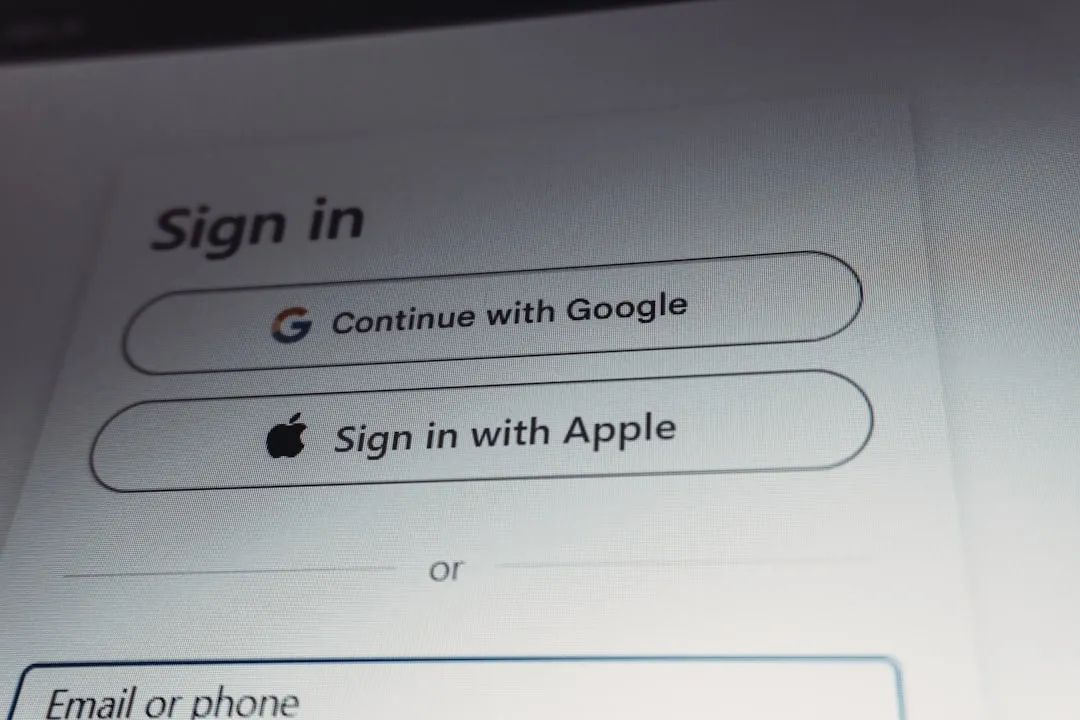
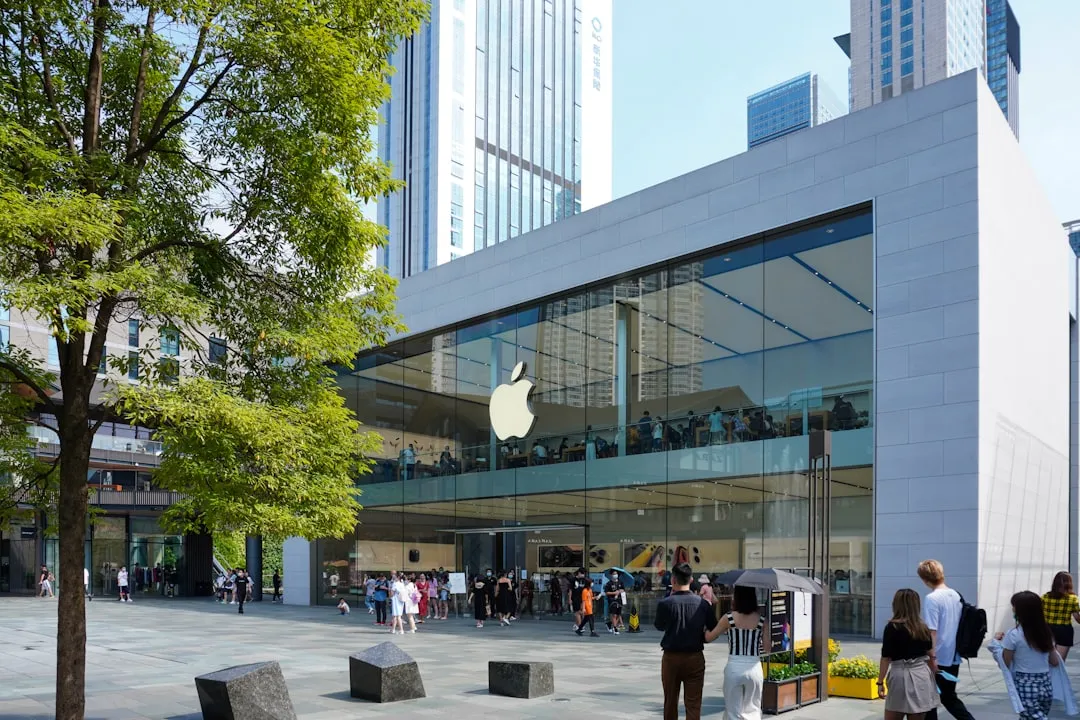

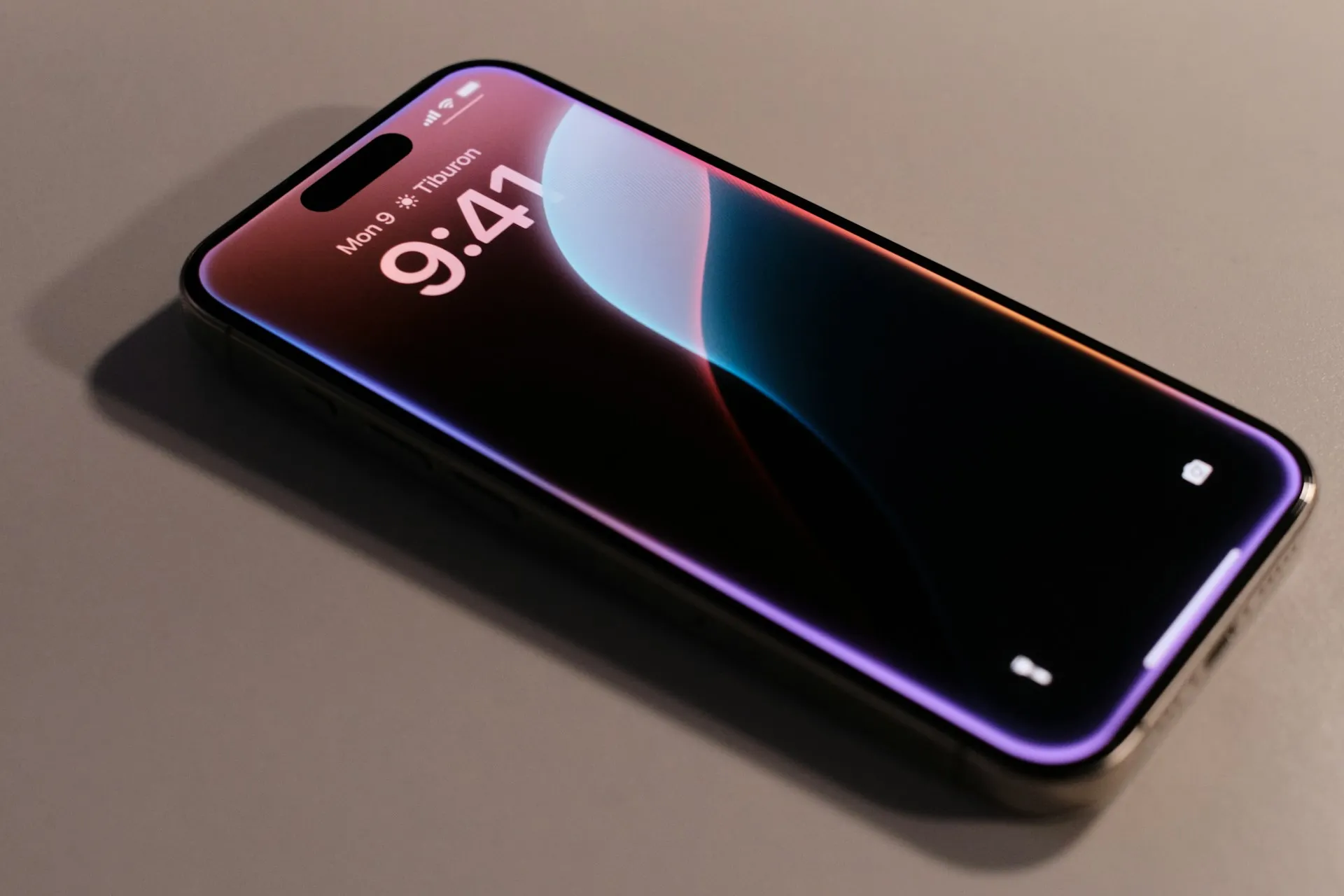
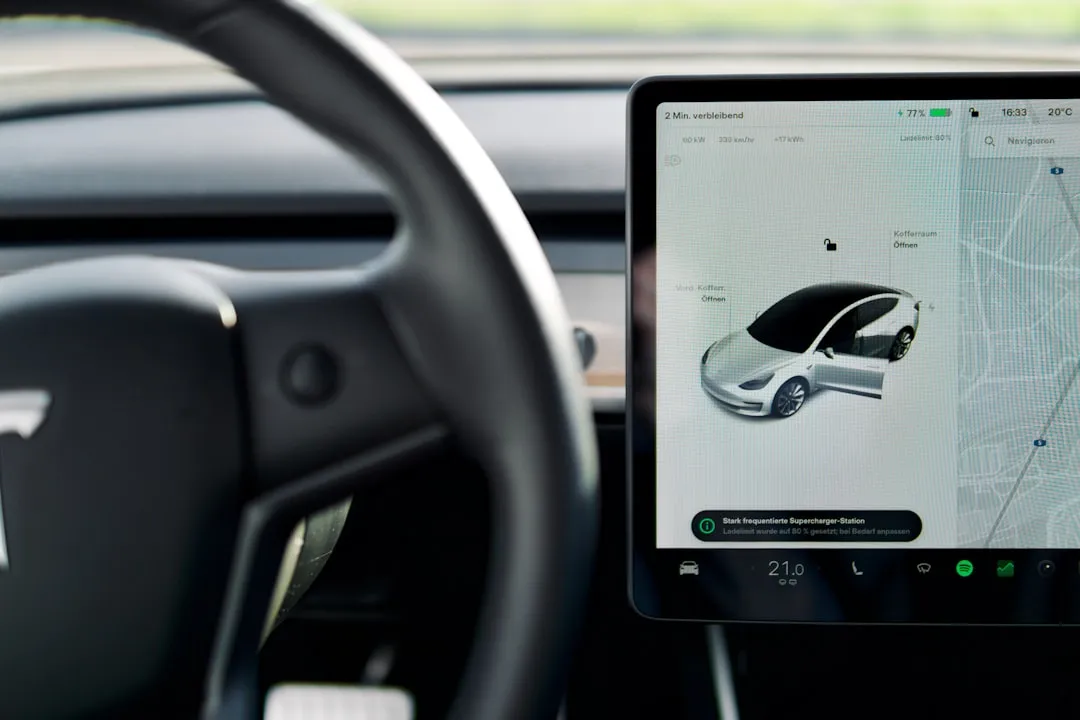


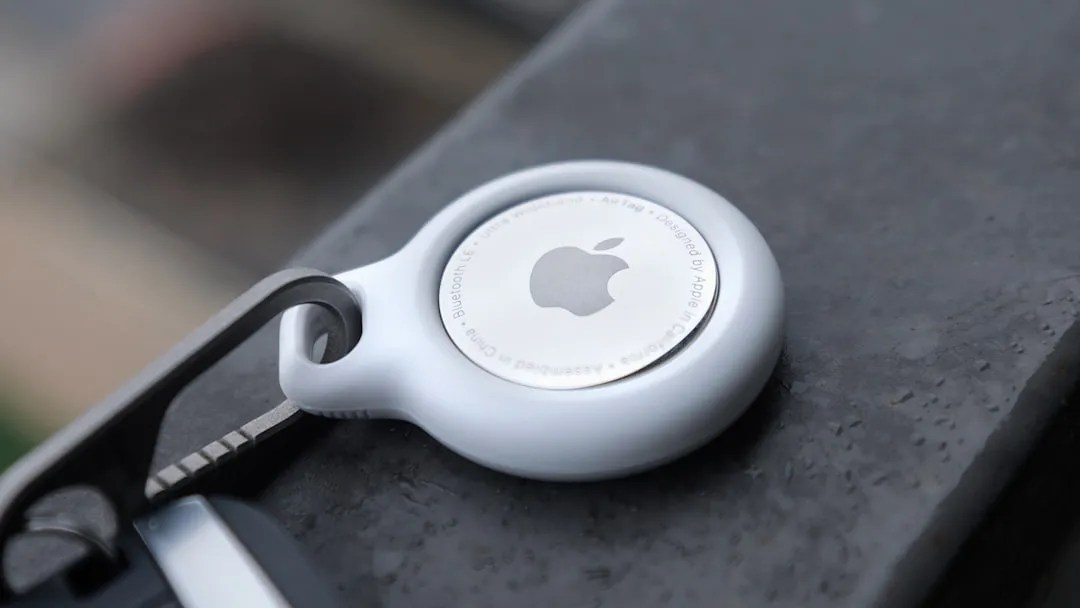

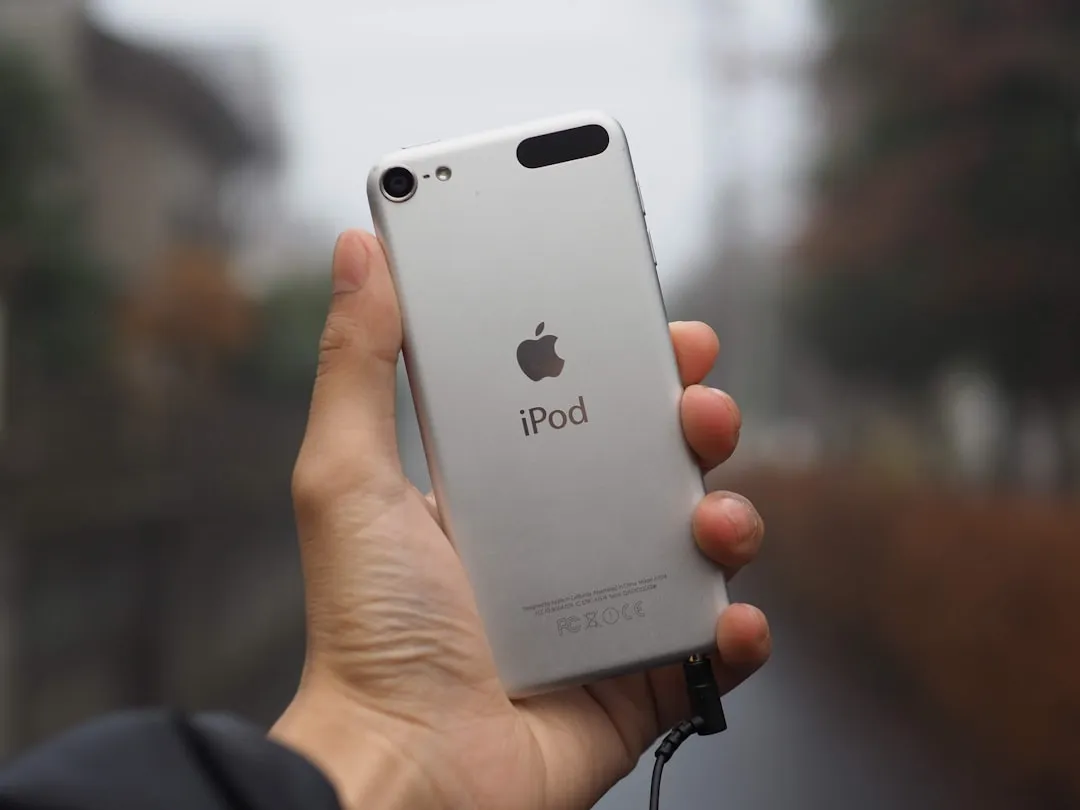
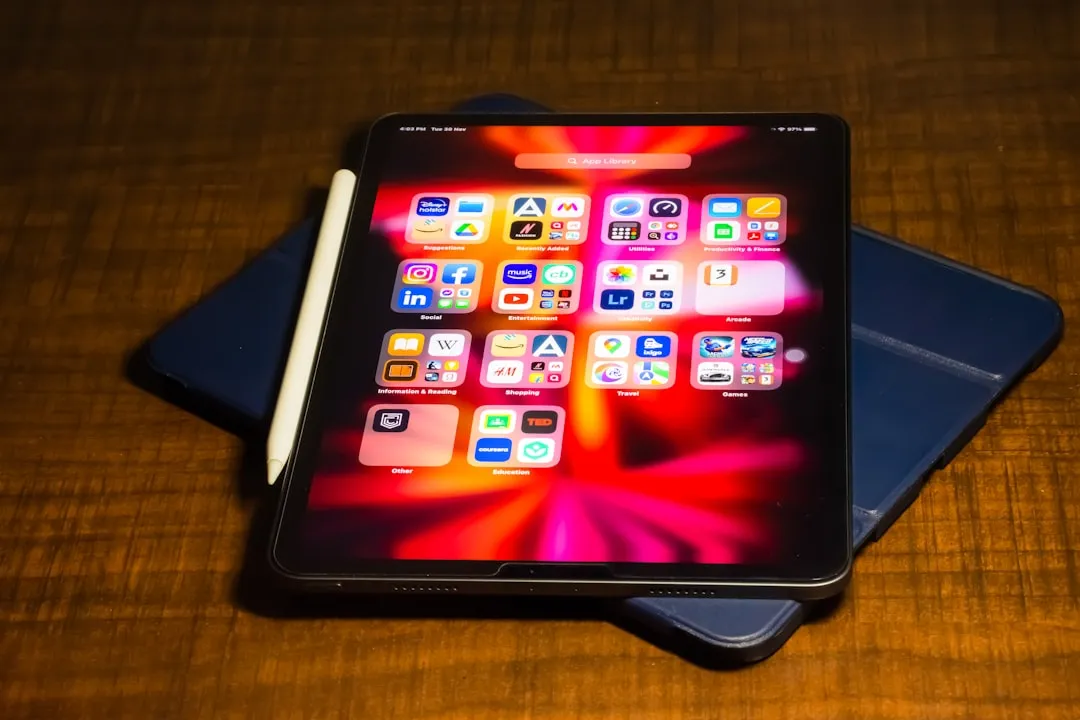

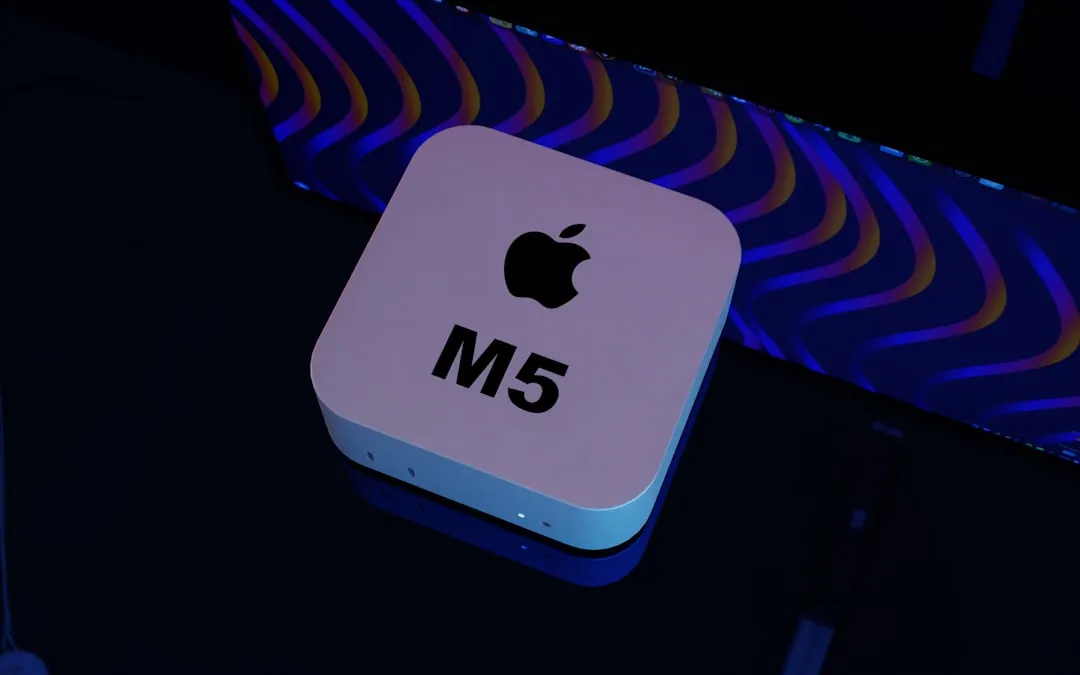

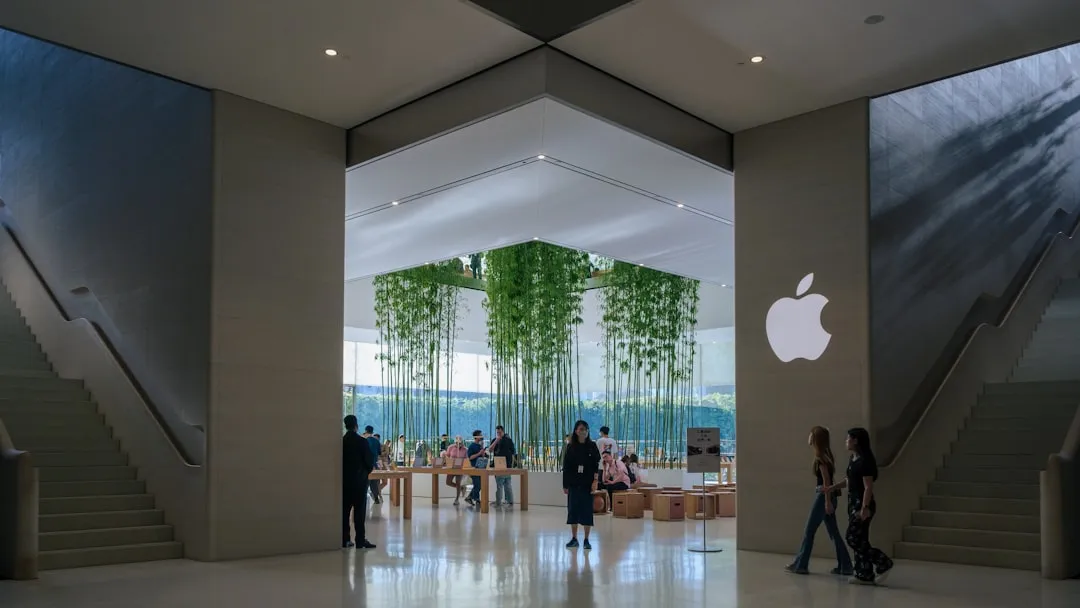
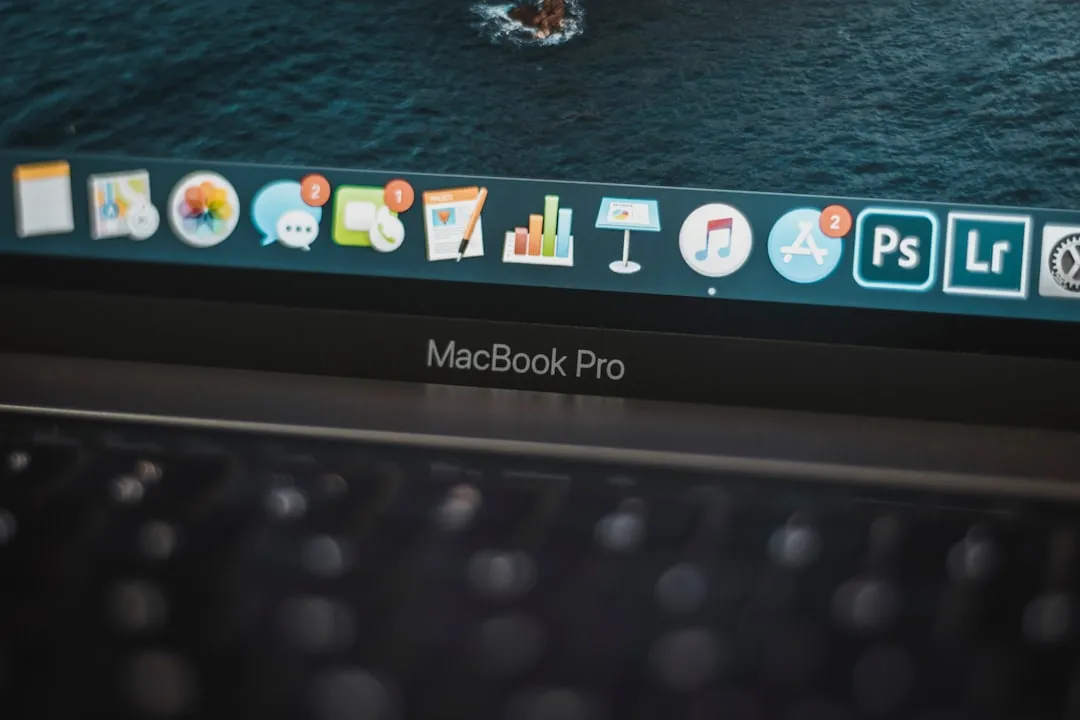
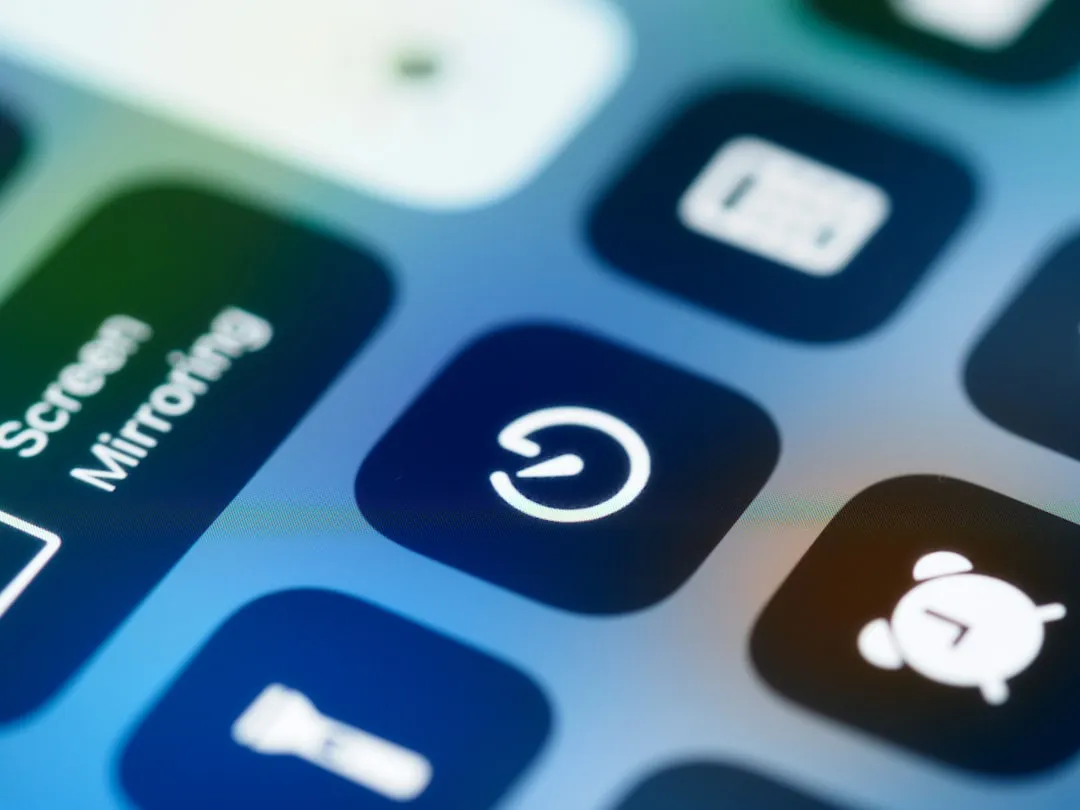
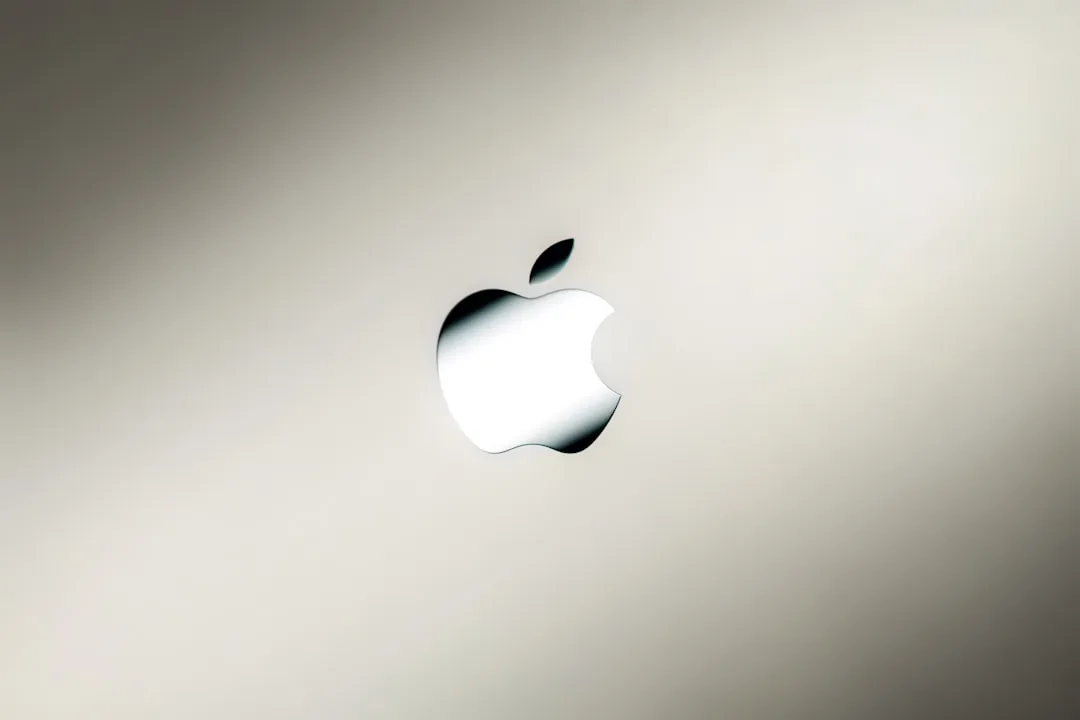
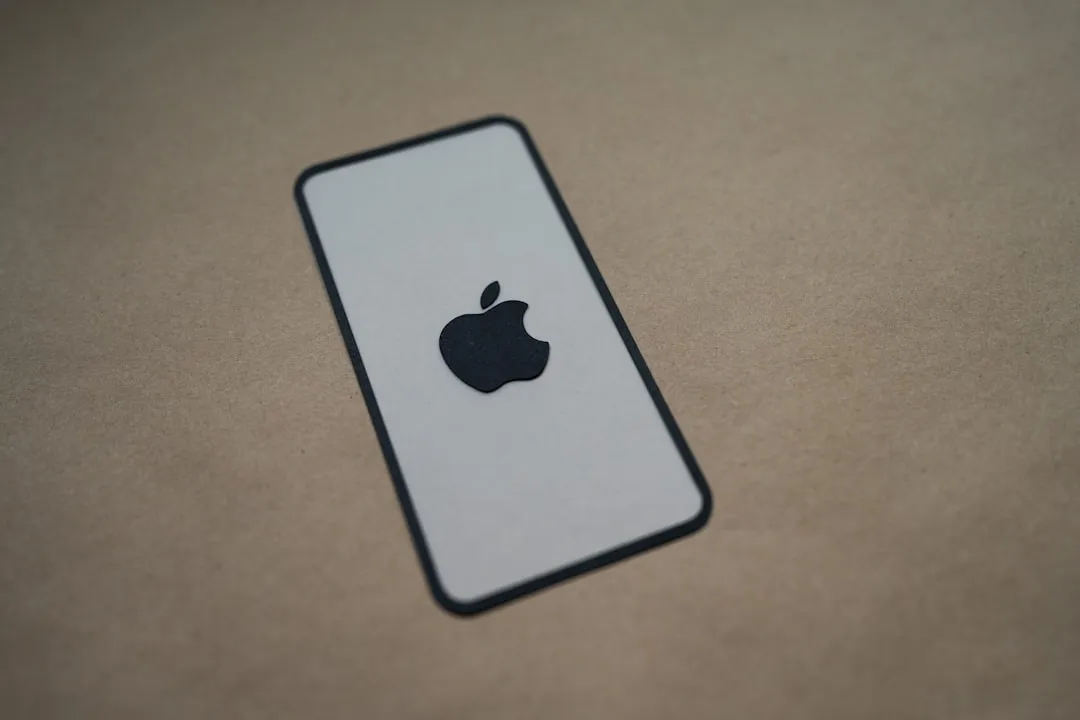

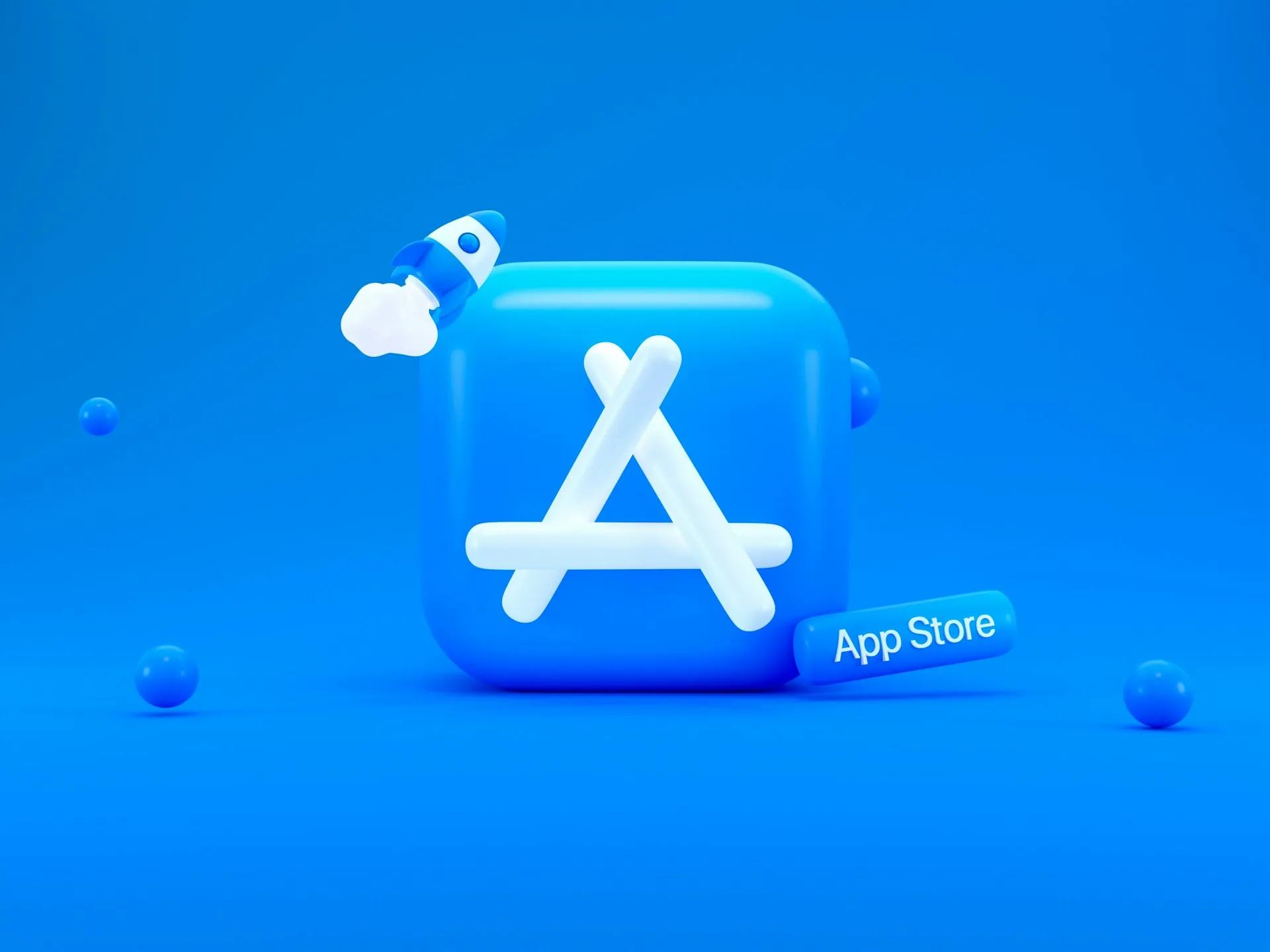
Comments
Be the first, drop a comment!